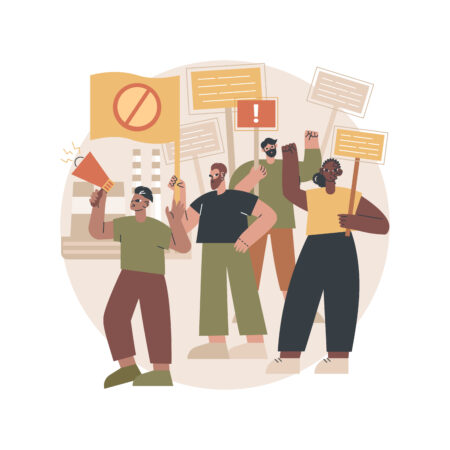Online gambling operators got taxed to the tune of 1.4 billion euros for France in 2011, meaning they generated revenues in the vicinity of 4 billion euros for that same year. Not bad for this little industry, considering most of the websites operating in France only got their licenses in 2010, though a few were already operating. This 4B€ already represents about a third of all revenues generated by gambling in France.
This attribution of state licenses for operating a gambling website could be understood as a way to maintain the funneling of money lost by gamblers to the state coffers. By forcing online gambling operators to report their French revenue and getting taxed on it in France, France has found a way to maintain part of that funneling. On the one hand it still represents about 2.5B€ in comparatively lost tax revenue annually, but on the other the offering of the former state gambling monopoly “La Francaise des jeux” is not stellar. This means that what seems like a net loss for the French taxpayer is probably a net win as this license mechanisms prevents all the revenue from these sites from being siphoned to Gibraltar or some other tax heaven.
If the French player is a gambler though, he still leaves 4 billion euros a year on the table. Though it used to be rationalized as a loss that came back in the form of roads or healthcare by the unfortunate gambler, this is no longer possible, as 2.5B€ just goes straight to the owners of the gambling companies. What’s crazy here is that, as in many regulated markets, and all the more with gambling, there isn’t much innovation despite about 30 licensed operators in the market. Making a mobile poker app isn’t exactly groundbreaking. So catching the train of online gambling wasn’t about innovation, or web savviness. It was all about understanding the evolution of gambling, and it is mind-boggling that the French state operator missed the elephant in the room.
The state operator could have been a follower adapting what was working abroad for the home market, or failing that, getting license partnerships with private operators where the state made more than a measly third of what it used to make. That none of this happened is a exceptionally costly example of exceptionally poor management.
Did you like it? 4.4/5 (28)






